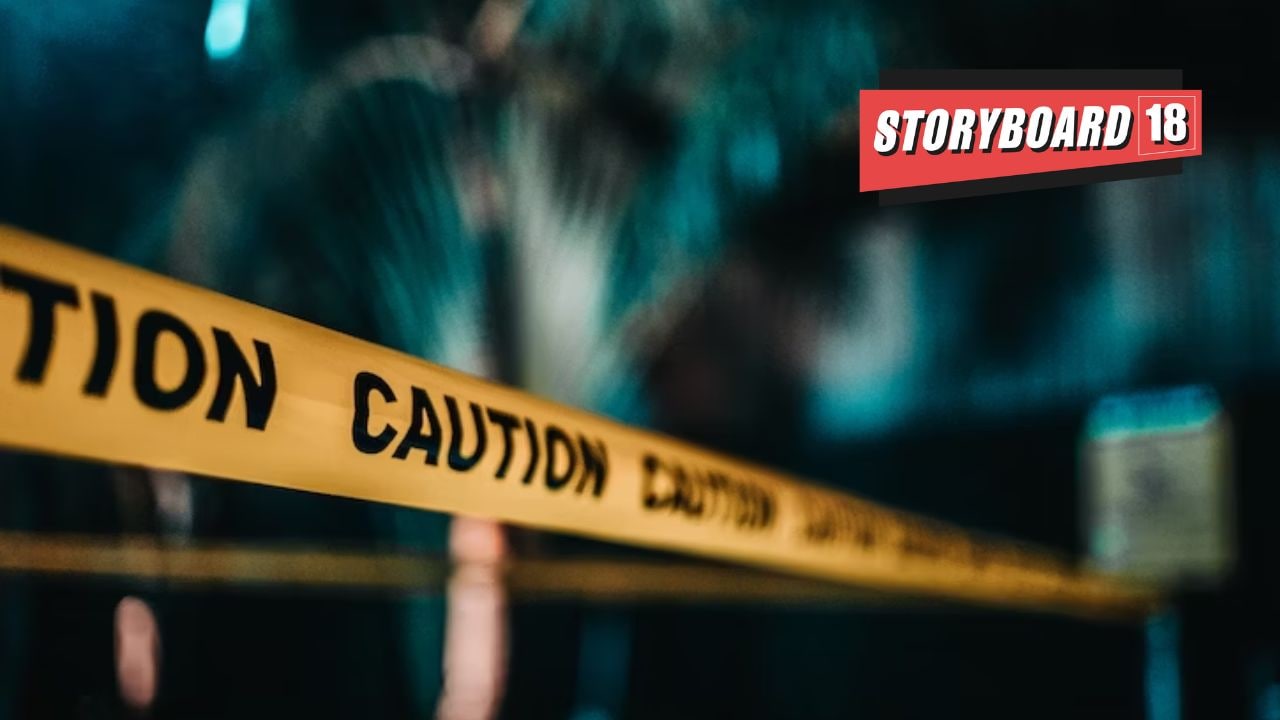The Delhi High Court has demanded that the Central government disclose any measures taken to address the growing problem of deepfakes. A Division Bench, led by Chief Justice Manmohan and Justice Tushar Rao Gedela, observed the rise of deepfakes, digitally manipulated videos that impersonate individuals and can be used to spread misinformation, as per reports.
Recognizing the gravity of the situation, the Court questioned Additional Solicitor General Chetan Sharma about the government’s establishment of an internal mechanism or committee to investigate countermeasures. In the absence of such an initiative, the Chief Justice indicated the Court’s intention to form a committee to address this pressing issue.
The Delhi High Court has demanded transparency from the Central government regarding its efforts to combat deepfakes. The Court expressed concern that the public needs to be informed about the measures being taken and the qualifications of any government-established committee. The Additional Solicitor General, representing the Union Ministry of Electronics and Information Technology, assured the Court that the matter is under review and that relevant personnel are in place. However, due to the sensitive nature of the issue, he indicated that full disclosure might not be feasible. The Court, while not requiring the committee’s specific details, insisted on information about the progress made. The ASG was instructed to submit a status report within three weeks.
The Court is handling two petitions filed by journalist Rajat Sharma and advocate Chaitanya Rohilla, seeking regulations for deepfakes and measures to identify and block websites disseminating such content. The Court had previously expressed shock at the widespread availability of deepfakes, noting that individuals can no longer trust their own eyes and ears.
Senior Advocate Darpan Wadhwa, representing Rajat Sharma, highlighted the disproportionate impact of deepfakes on women, who are often targeted with sexually explicit content. The Chief Justice acknowledged the challenge of preventing the misuse of artificial intelligence technology while recognizing its potential benefits. The ASG suggested developing countermeasures to mitigate the negative effects of AI.
Wadhwa criticized the government’s approach of treating websites disseminating deepfakes as online intermediaries. He argued that the current advisory requiring the removal of deepfake content within 72 hours is insufficient and that immediate action is necessary.
The Chief Justice also referenced the recent hoax bomb threats on Indian airplanes and emphasized the need for enhanced infrastructure to address such tech-enabled threats. The case will be heard again on November 21.
